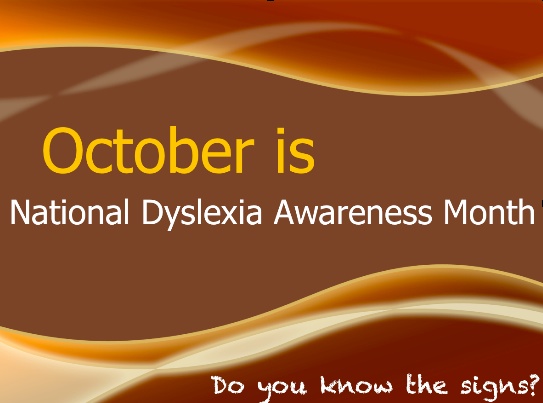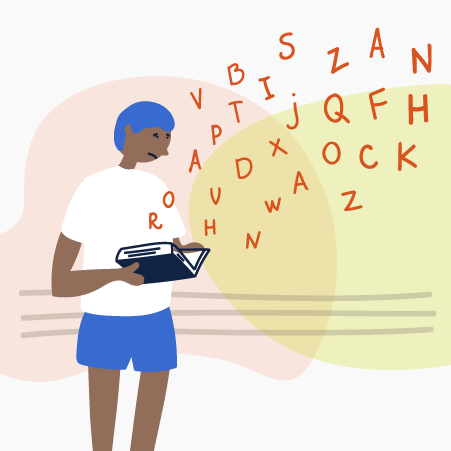People With Dyslexia Have ‘Enhanced Abilities’, According to Study
 “The deficit-centred view of dyslexia isn’t telling the whole story,” said Dr Helen Taylor of the University of Cambridge, who led the study.
“The deficit-centred view of dyslexia isn’t telling the whole story,” said Dr Helen Taylor of the University of Cambridge, who led the study.
What is dyslexia?
Dyslexia is a neurological condition caused by the brain being wired a different way, says the International Dyslexia Association, a charity based in the United States.
In the United Kingdom, the National Health Service describes dyslexia as a “common learning difficulty that mainly causes problems with reading, writing and spelling”.
Dyslexia is thought to affect a large proportion of the population – up to 20%. It has clear genetic links and can be inherited from a parent.
What does the new dyslexia research say?
In the journal Frontiers in Psychology, researchers at the University of Cambridge in the UK argue that dyslexia shouldn’t be framed as a disorder.
They find that people with dyslexia actually have “enhanced abilities” in certain areas including discovery, invention and creativity.
“We urgently need to start nurturing this way of thinking to allow humanity to continue to adapt and solve key challenges,” said lead author, Taylor.
What were the findings?
The researchers concluded that people with dyslexia are specialists in exploration and curiosity. This ‘explorative bias’, as they describe it, plays a “crucial role” in human survival by helping us adapt to changing environments.
Inventiveness and big-picture, long-term thinking are among the skills and strengths linked to these explorative behaviours.
The researchers link dyslexia to human evolution over hundreds of thousands of years, where humans – and our brains – have had to adapt to constant change, rather than one fixed environment.
What does other dyslexia research say?
A growing movement and body of research supports the redefinition of dyslexia as a strength rather than a weakness.
The The Value of Dyslexia, a report by professional services firm EY and Made by Dyslexia, a charity that is redefining dyslexia, argues that dyslexic strengths can help employers navigate the changing world of work.
Dyslexic people can show ‘strong’, ‘very strong’ and ‘exceptional’ performance across a range of “cognitive abilities, system skills, complex problem-solving skills, content skills, process skills and technical skills,” the authors say.
These are some of the key skills identified as growing in demand by the World Economic Forum’s Future of Jobs Report 2020.
There is evidence of links between dyslexia and creativity, entrepreneurship and attainment in sport, highlighted in the journal Psychology Today by neurodivergent academic Robert Chapman.
In the US, the Harvard-Smithsonian Center for Astrophysics has researched science skills in people with dyslexia.
Professional astrophysicists with and without dyslexia were tested for their ability to spot a particular characteristic in a black hole.
“The scientists with dyslexia … were better at picking out the black holes from the noise, an advantage useful in their careers,” said dyslexic astrophysicist Matthew H Schneps in an article for the journal Scientific American.




